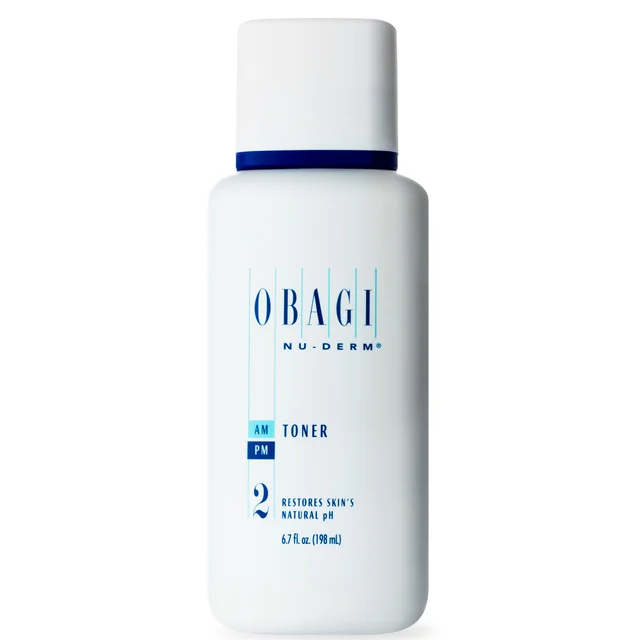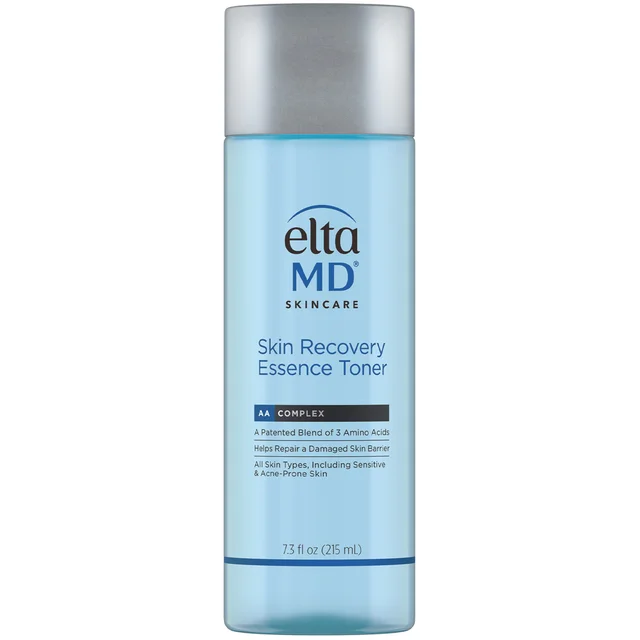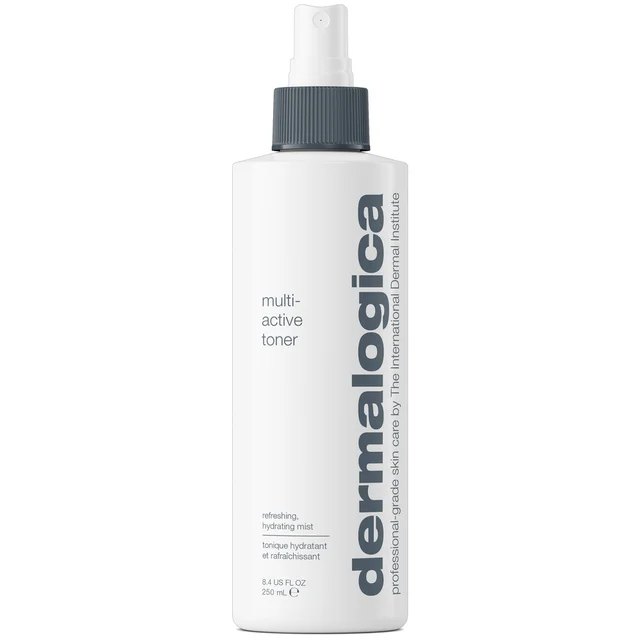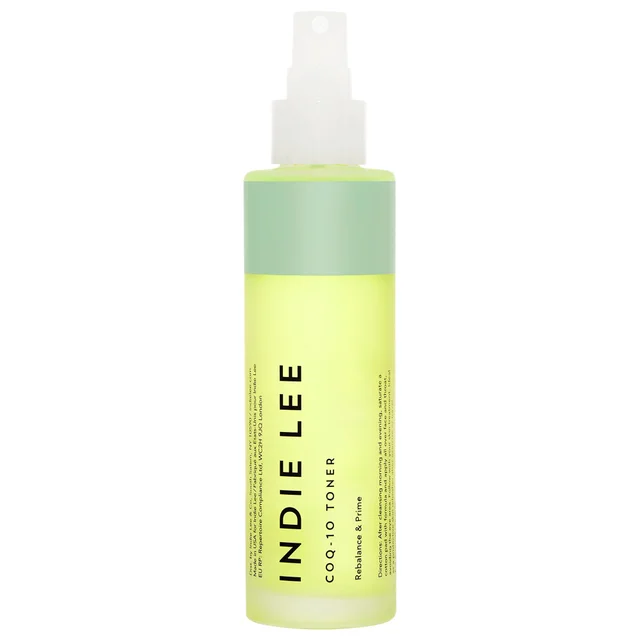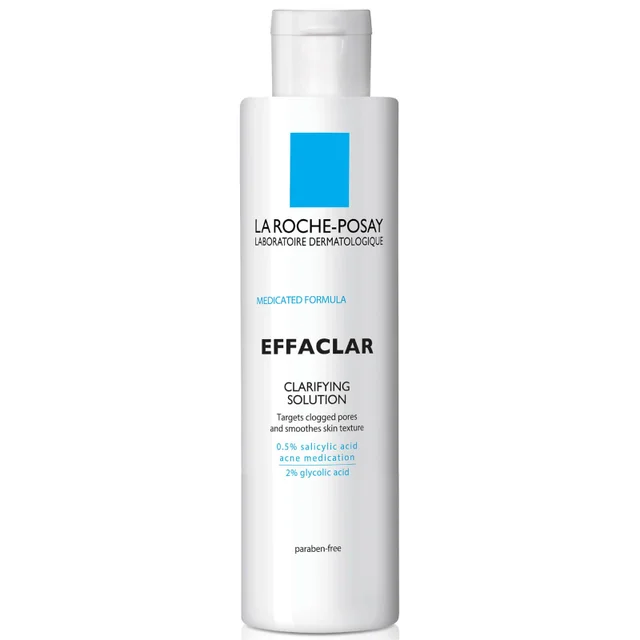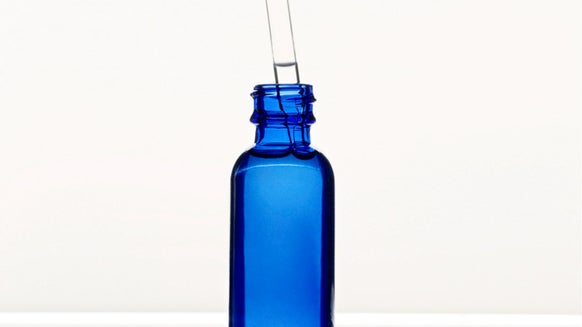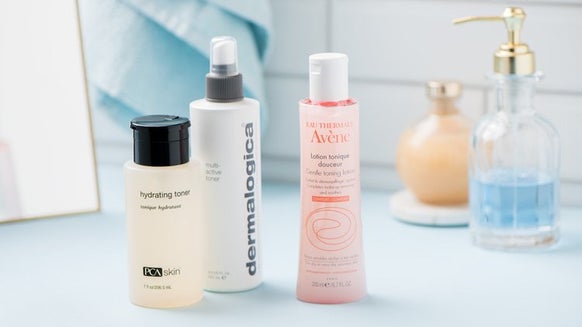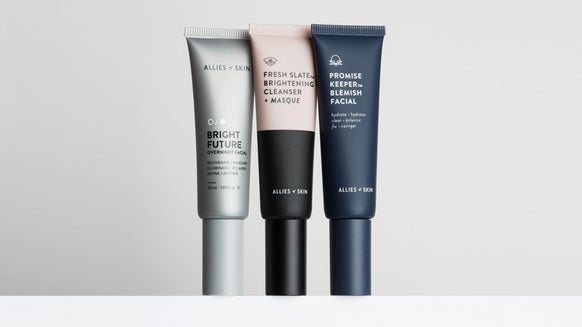What Is a Toner Used For? Plus, the Best Pick for Your Skin Type
Toners are one of the most underrated skin care products, and they’re also one of the least understood. That’s because there’s no hard definition accepted by dermatologists—some toners are formulated with ingredients like hyaluronic acid to hydrate, while others are technically alcohol-containing astringents, which are meant to reduce the oil content within the skin to prevent breakouts. (Then there are essences, which look like toner and walk like toner, but are an entirely different product category.) Confused? We were, too. That’s why we’ve tapped Dr. Alicia Zalka, a board-certified dermatologist and Surface Deep founder to separate fact from fiction when it comes to toners and clarify once and for all if this product type deserves a place in your shelfie.
What Is a Face Toner Used For
Earlier, we discussed that there isn’t a firm definition of toner agreed upon by dermatologists; that’s because the product category encompasses a number of different formula types to address a wide array of different skin concerns (more on that later). No formula is alike, but toners typically have one of two key purposes—to deliver an ingredient to the skin, or to cleanse the skin.
Here’s what dermatologists can agree on: toner should be used as a second step in your skin care routine—after cleansing—to help pick up any debris your cleanser might have left behind. “Toner refines the skin just a bit more than cleansing alone,” says Dr. Zalka. “Think of it this way: face cleansing followed by a toner is like brushing your teeth and following up with a mouthwash,” Dr. Zalka says.
And depending on the formula you’re using, toner can be used day or night (or both), but if your skin only tolerates toner once per day, use it at night. Nighttime toner use is more lucrative because it will help lift away sunscreen, makeup, dirt and oil from the day. If you effectively washed your face at night, you shouldn’t need a toner for cleansing purposes in the morning (just your face wash or even a rinse with water should be enough).
How to Use Face Toner
If you’re using a liquid toner (which is the most popular modality), Dr. Zalka recommends soaking a cotton round with the formula, then sweeping onto cleansed skin. “Start with the T-zone (forehead, nose and chin) using a gentle sweeping motion, then apply to cheeks and jaw. The eye area and lips can be skipped,” she says. “Why? The T-zone—with its preponderance of oil production and visible pores—benefits the most from toners. Whereas lips and eyelids are slightly more at risk for irritation from too many steps in a skin care routine.
“After toner, you can then apply serums, primers, moisturizers and sunscreen,” Dr. Zalka adds. “The toner creates a clean canvas for other products to be used.”
The Best Toner for Your Skin Type
1. Obagi Medical Nu-Derm Toner (6.7 oz.)
For combination skin:
If you have combination skin, you’ll want to look for a formula with gentle chemical exfoliants to control your T-zone, but one that also contains moisturizing agents so you don’t strip your skin. Containing witch hazel and sage to purify, as well as hydrating hyaluronic acid and soothing aloe vera, this one from Obagi is ideal. Combination skin types should keep in mind that you can use a targeted application method with toners—if you are dry on your cheeks and oily on your forehead, you can use toner just on your T-zone (or use a hydrating toner on your cheeks and a purifying toner on the T-zone).2. EltaMD Skin Recovery Essence Toner
For sensitive skin:
If you have sensitive skin (or are currently dealing with sensitized skin from using too many actives at once), a nourishing toner is an effective way to replenish the skin. You’ll want to skip the exfoliating acids and high concentrations of active ingredients and instead reach for a formula like EltaMD’s Skin Recovery Toner, which contains key amino acids and moisturizing building blocks to support a calm, fortified skin barrier. Sensitive skin types may also find that applying toner with a cotton round is too rough for their skin. If you experience excessive redness or irritation after using a cotton round, try sprinkling this toner directly onto your hands, then press gently into the skin.3. PCA SKIN Hydrating Toner (7 fl. oz.)
For dry skin:
While some toners contain astringent qualities that aren’t ideal for dry skin types, there are plenty of formulas made with parched skin in mind, and PCA Skin’s Hydrating Toner is one of our favorite options. Loaded with antioxidant-rich fruit extracts and evening primrose oil, this toner combats the drying effects of cleansing and primes your skin for serum and moisturizer application.5. Dermalogica Multi-Active Toner (8.4 oz.)
For mature skin:
Dr. Zalka advises that those with mature skin should look for a toner containing antioxidants to give an extra layer of protection underneath sunscreen, as well as skin-fortifying ingredients like peptides. This option from Dermalogica certainly fits the bill, delivering a dose of vitamin C, aloe vera, peptides, and castor oil in a convenient spray applicator. To note, this product contains vitamin C, so it’s best used in the morning to reap the full antioxidant benefits (and shouldn’t be used in conjunction with any benzoyl peroxide-containing products).6. Indie Lee CoQ-10 Toner 125ml
For normal skin:
For skin that isn’t prone to excessive dryness or oiliness, look for toners containing protective ingredients like coenzyme Q10—a powerful antioxidant—and hydrating ingredients like hyaluronic acid, which can both be found in Indie Lee’s CoQ-10 toner. If your complexion is more on the normal-to-dry side, try spritzing this on while your skin is still damp after cleansing to lock in moisture.7. La Roche-Posay Effaclar Clarifying Solution Acne Toner with Salicylic Acid (6.76 fl. oz.)
For acne-prone skin:
Infused with a 0.5% salicylic acid and 2% glycolic acid complex, this toner from La Roche Posay is ideal for anyone that wants to prevent breakouts, dissolve blackheads, and improve the overall texture of their skin. These ingredients play well with vitamin C, so it’s safe to use this product morning or night, but you’re more likely to experience irritation if you use this toner within the same routine as a different acne treatment.
From the latest hair and makeup trends to the best solutions for your skin issues, we've got all your beauty concerns covered!
